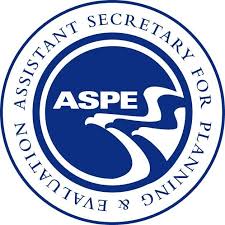If the 20 states that have not expanded their Medicaid programs were to do so, an estimated 1.9 million Americans with behavioral health problems would have access to care they currently do not receive.
This is the conclusion of a new report from the U.S. Department of Health and Human Services’ Assistant Secretary for Planning and Evaluation (ASPE).
 According to the ASPE report “Benefits of Medicaid Expansion for Behavioral Health,” 1.9 million low-income, uninsured people in non-Medicaid expansion states currently suffer from a substance use disorder or mental illness. If their states expanded their Medicaid programs they would have access to the care they need, which in turn could lead to reduced rates of disability, increased employment and productivity, and decreased criminal justice costs. In addition, with the federal government covering most of the cost of Medicaid expansion, money these states use attempting to serve a portion of this population could be used for other behavioral health services.
According to the ASPE report “Benefits of Medicaid Expansion for Behavioral Health,” 1.9 million low-income, uninsured people in non-Medicaid expansion states currently suffer from a substance use disorder or mental illness. If their states expanded their Medicaid programs they would have access to the care they need, which in turn could lead to reduced rates of disability, increased employment and productivity, and decreased criminal justice costs. In addition, with the federal government covering most of the cost of Medicaid expansion, money these states use attempting to serve a portion of this population could be used for other behavioral health services.
For a closer look at the agency’s findings and recommendations, go here to find the ASPE report “Benefits of Medicaid Expansion for Behavioral Health.”


